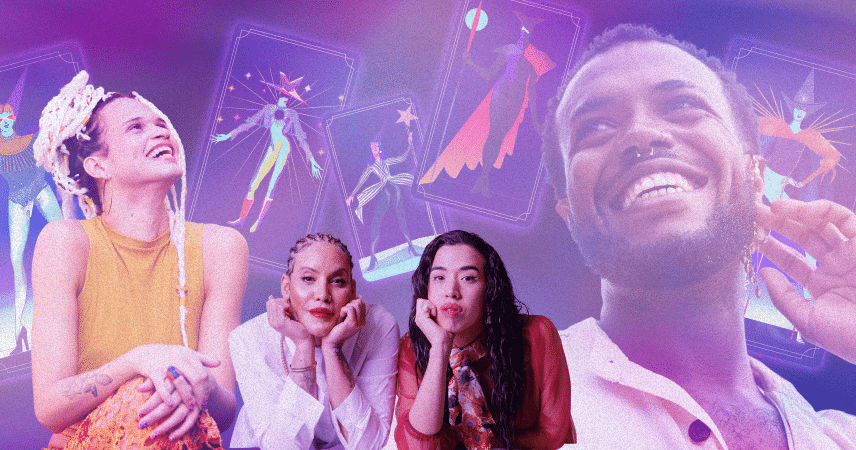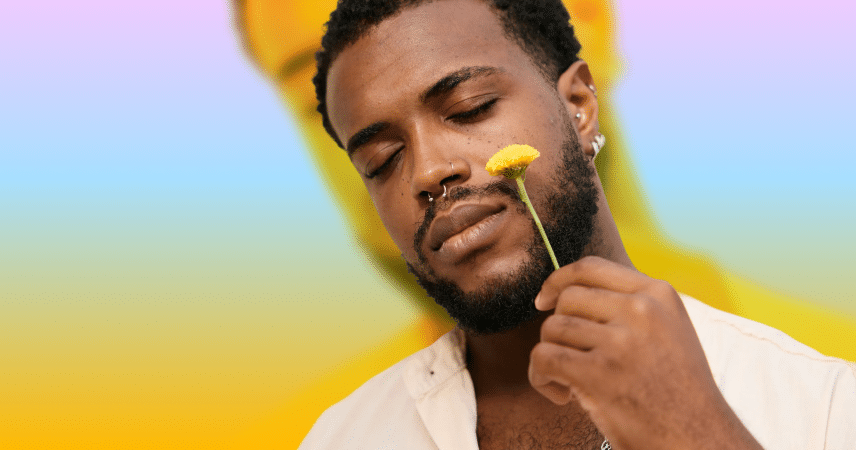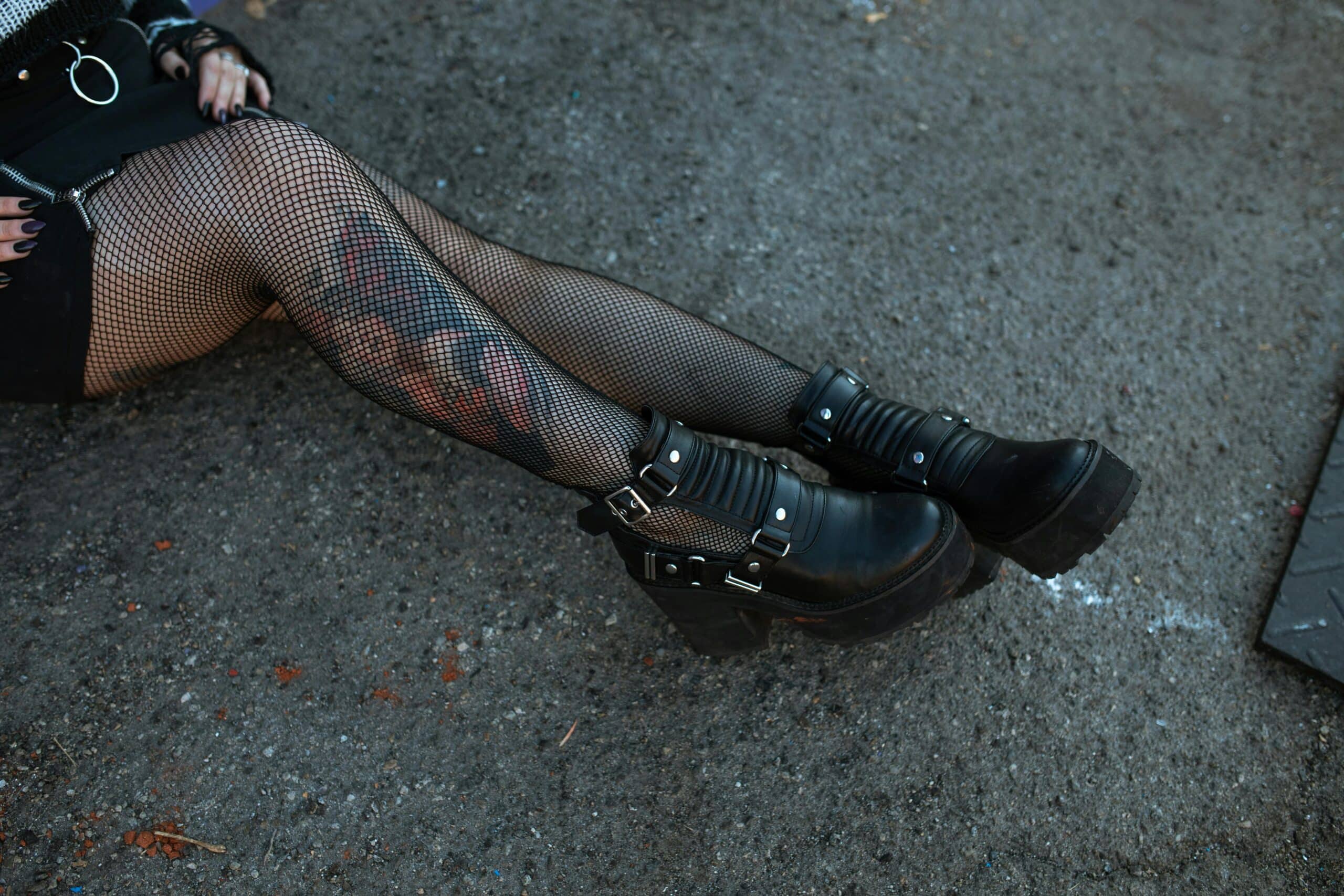How Queer Folks Are Embracing Spirituality on Their Terms

Are you gay and obsessed with tarot cards? Have you noticed lots of queer folks diving deep into spirituality recently? Or maybe you’ve asked for a date for their star sign, double points if you asked for their sun, moon, and rising! Triple points if they didn’t have to Google it; they already knew.
At Taimi, we recently conducted a survey within the LGBTQ+ community to explore how people are using spiritual practices like astrology and Tarot in their daily lives. While most respondents weren’t into these practices, a significant number said they were, and their stories were pretty revealing.
The focus of our research was how spirituality intersects with dating. Around 40% of participants who used practices like numerology, Tarot, and astrology said they used them for a variety of reasons, like checking compatibility with potential partners, having a bit of fun, or making sure their dating life aligns with their personal beliefs.

The findings were interesting, but they also sparked a bigger question: How are queer folks creating their own spiritual paths, especially in a world that often doesn’t get them?
Practices you Preach
We asked our participants what practices they lean on when it comes to implementing a spiritual practice in their own lives – and dating lives. Astrology shone brightly at the top with tarot and numerology closely behind. There is a high interest in star sign compatibility in the community. If the stars align – Queer dating will shine.

It’s true: our community often uses these practices to gauge compatibility, but the fun part is they also add a playful, light-hearted twist to dating. They bring a new layer of exploration to a community that has long navigated love and life in unique ways.
There is no shame in the spiritual game – many of our users feel more confident in their own choices when they partake in spiritual practices. Importantly, it also allows queer daters to have hope and find joy in the process of searching for their true love, partner or just casual connections.

It emphasises a sense of control – in a world that on the flick of a switch can feel hostile and even unsafe for the community many find solace, safety and security in areas of their lives they feel they have an element of control. When traditional spiritual practices may feel foreign or unloving – the community relinquishes control through their own holistic approaches.
This hot take is solidified by the number of users who feel that these practices resonate with the LGBTQIA+ community.

Trust Your Gut
For many LGBTQIA+ people their intuition is the biggest factor when making decisions in their dating life. You can rely on Astrology, Tarot and numerology but they are subjective and rarely give definitive answers. In a safe space your intuition is your best guide – and trust us when we say Queer people have had to develop their intuition to be almost on point.

Using spiritual practices can be useful in dating decisions, and this is exemplified directly here:

Your intuition can come in clutch and serve – however, sometimes it’s nice to have a little help.
Reclaiming Spirituality in Our Own Way
Queer spirituality isn’t just some “trend” or “woo.” It’s about finding meaning, embracing who we are, and creating a space where we truly belong. Taimi’s research shows that spirituality, whether through Tarot, astrology, or witchcraft, is all about healing and connecting with a community that lets you be your authentic self. So, whether you’re getting your first tarot reading, reading your birth chart for the millionth time, or just starting to explore the many spiritual paths out there, remember: Your journey is valid, and you’re never alone.
Does Spirituality Really Make a Difference When Dating?
The hot take is for the majority of the community it’s a personal practice rather than one they constantly apply when dating. It doesn’t impact their dating choices – although rarely for a few it sometimes can. It seems to be that astrology and tarot is somewhat overrated and doesn’t correlate to making definitive dating decisions – rather something people lean on to take comfort from when they’re unsure and undecided.



